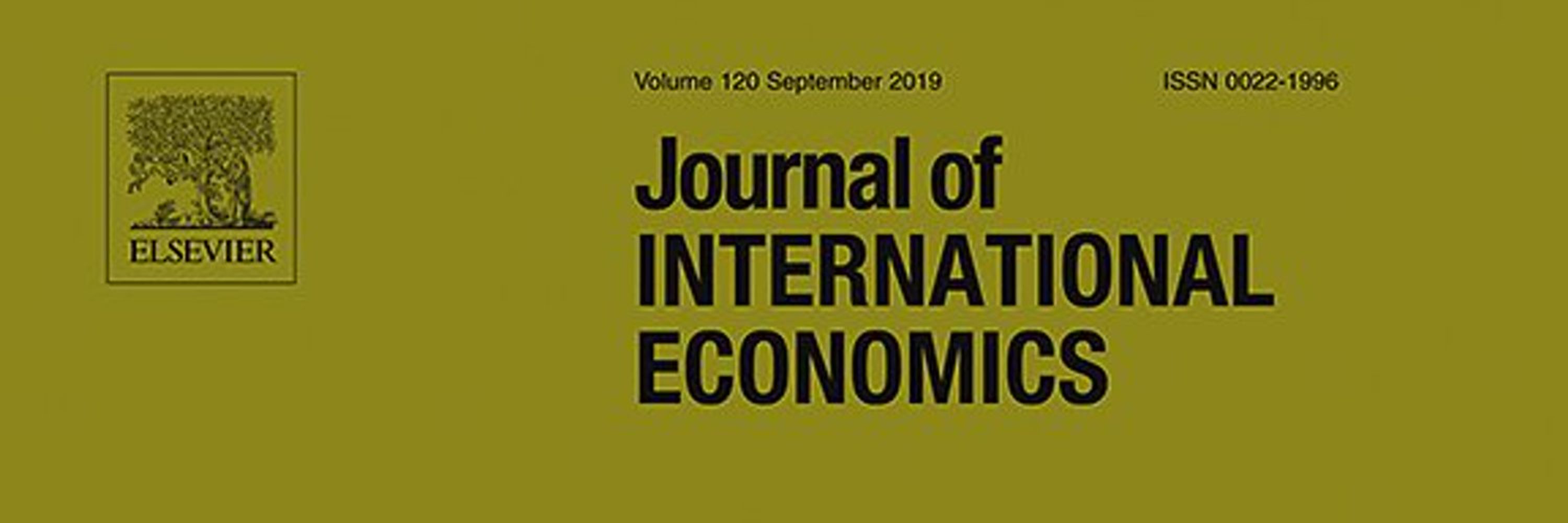

doi.org/10.1016/j.ji...

doi.org/10.1016/j.ji...

doi.org/10.1016/j.ji...

doi.org/10.1016/j.ji...
doi.org/10.1016/j.ji...

doi.org/10.1016/j.ji...

doi.org/10.1016/j.ji...

doi.org/10.1016/j.ji...

doi.org/10.1016/j.ji...

doi.org/10.1016/j.ji...
doi.org/10.1016/j.ji...

doi.org/10.1016/j.ji...

doi.org/10.1016/j.ji...

doi.org/10.1016/j.ji...

doi.org/10.1016/j.ji...

doi.org/10.1016/j.ji...
doi.org/10.1016/j.ji...

doi.org/10.1016/j.ji...

doi.org/10.1016/j.ji...

doi.org/10.1016/j.ji...
in China from 1990 to 2007. Reducing tariff uncertainty is show to have generated economically and statistically significant increases in innovation.

in China from 1990 to 2007. Reducing tariff uncertainty is show to have generated economically and statistically significant increases in innovation.
doi.org/10.1016/j.ji...

doi.org/10.1016/j.ji...
doi.org/10.1016/j.ji...

doi.org/10.1016/j.ji...

doi.org/10.1016/j.ji...

doi.org/10.1016/j.ji...

doi.org/10.1016/j.ji...

doi.org/10.1016/j.ji...
doi.org/10.1016/j.ji...

doi.org/10.1016/j.ji...

